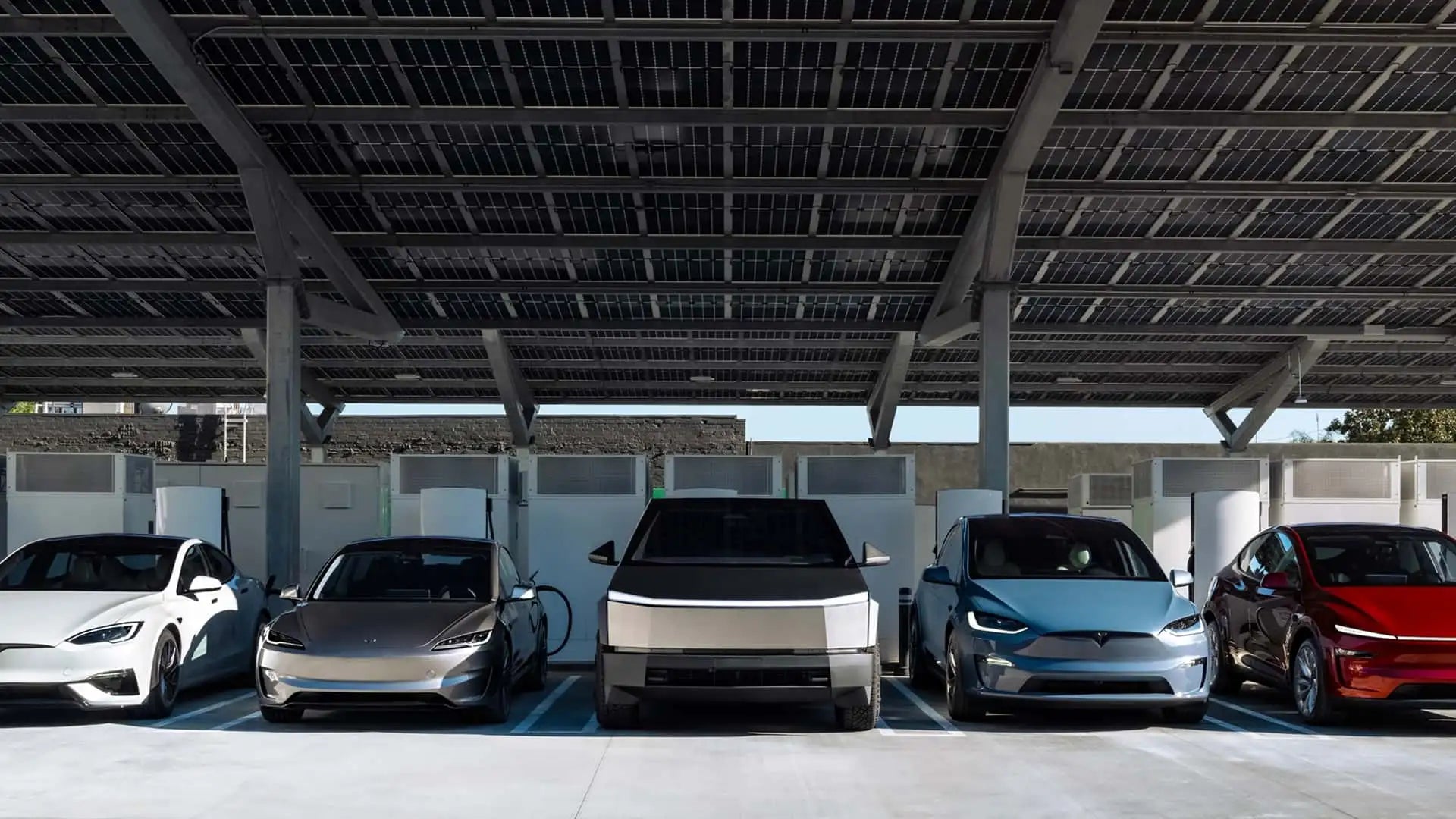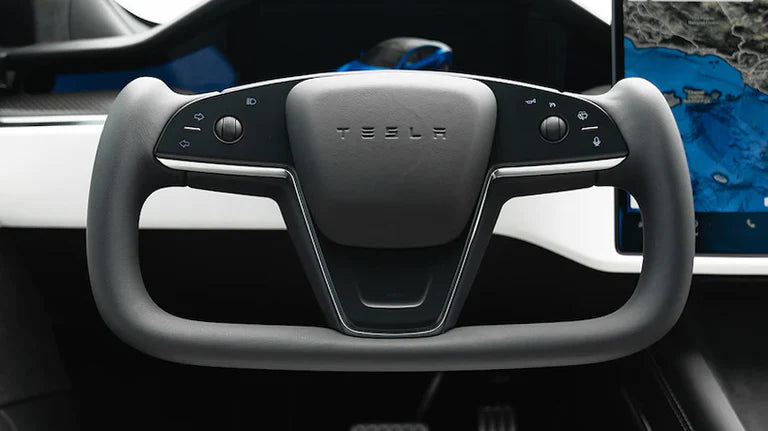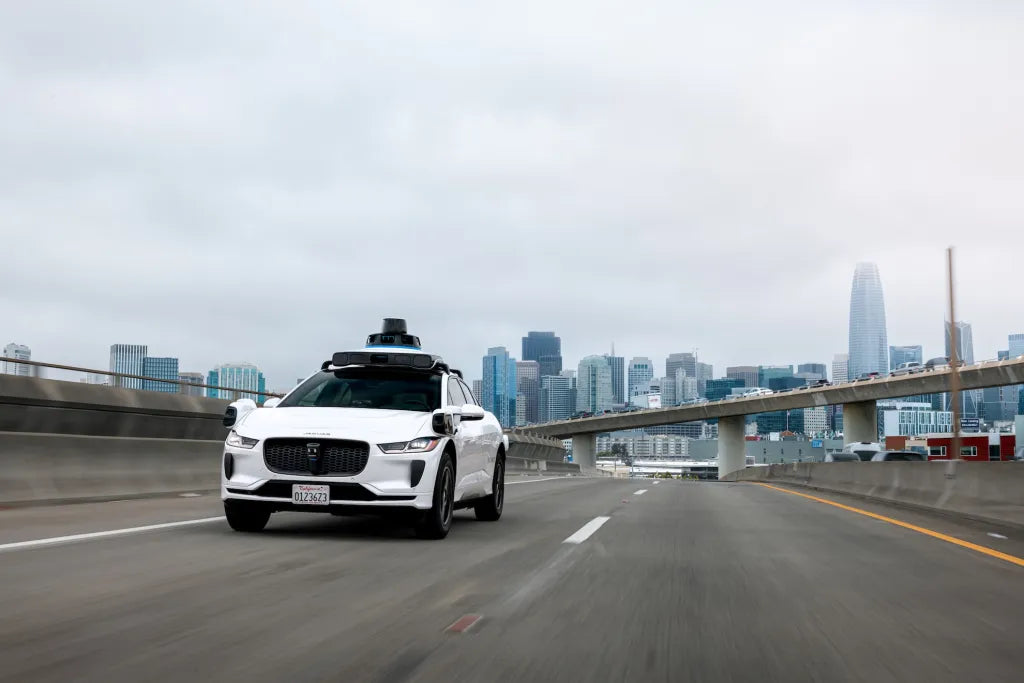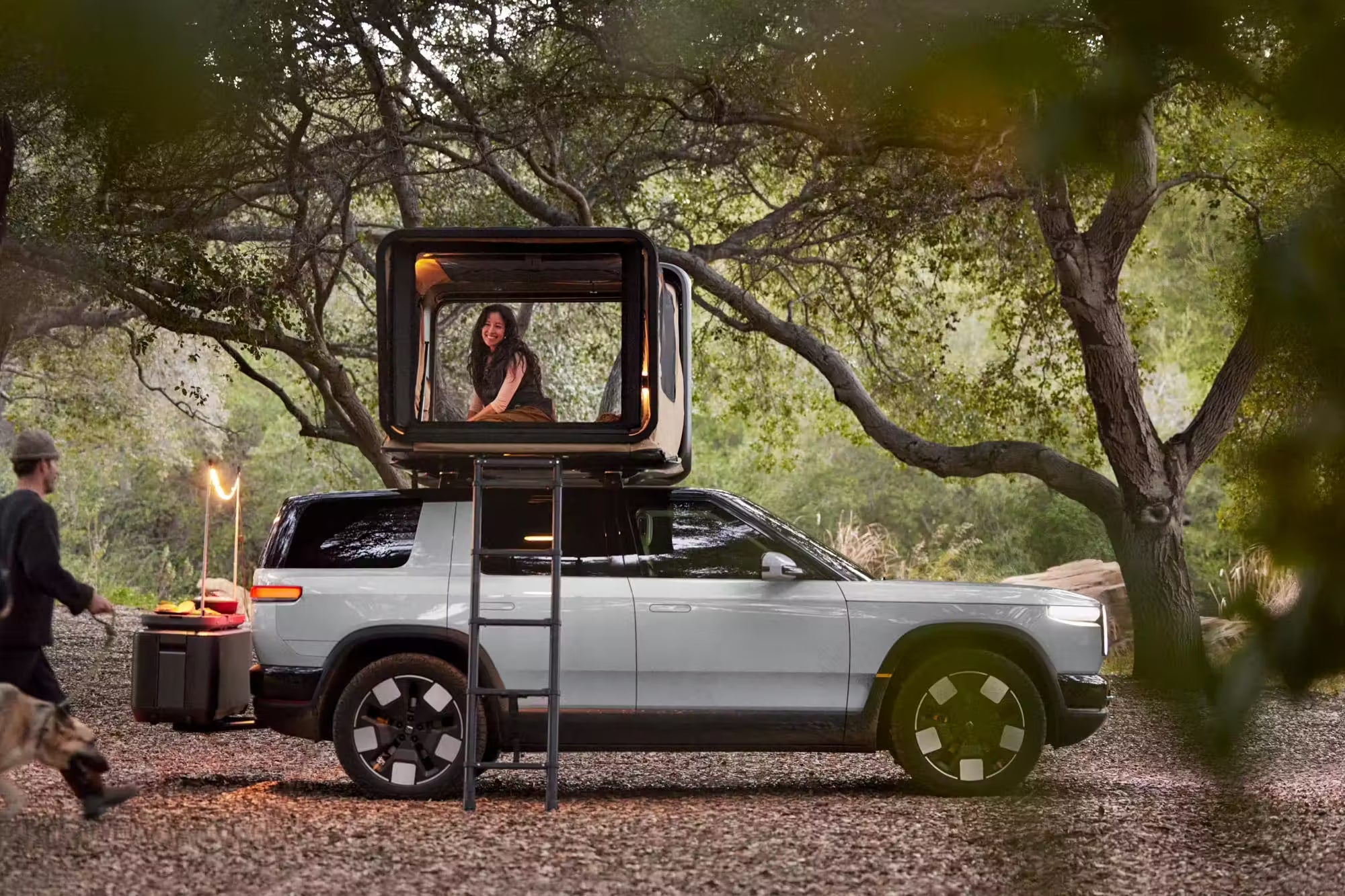EV Sales Fall, But Interest Holds Strong
Electric vehicle (EV) sales dropped sharply last month, falling 53% from September, marking the first full month after the $7,500 federal tax credit was repealed. The market share for EVs nearly halved as a result.
However, analysts say the dip is not necessarily a sign of declining interest. According to J.D. Power, much of September’s surge came from shoppers rushing to claim the tax credit before it expired. The following month naturally saw fewer purchases, but consumer enthusiasm for EVs remains remarkably strong.

Consumer Interest Is Growing, Not Shrinking
Despite the end of federal incentives, more Americans are showing interest in going electric. J.D. Power’s latest data reveals that nearly 60% of new-vehicle shoppers say they are likely to consider an EV within the next year. Among them, 24.2% are “very likely” to do so — a 2.6-point increase from September and the highest level since January.
This suggests that while incentives helped accelerate EV adoption, long-term demand is being driven by product satisfaction and consumer confidence, not just government subsidies.
EV Owners Are Staying Loyal
EV adoption also benefits from strong loyalty among current owners. According to J.D. Power, 94% of EV owners plan to buy another electric vehicle when it’s time for their next car. Of that group, 79% say they “definitely will” and another 15% say they “probably will.”
The reasons behind that loyalty are clear. The majority of current EV owners cite lower running costs (57%) as their top motivation, followed by tax credits and incentives (51%), driving performance (48%), and attractive purchase or lease offers (47%).
Even without federal incentives, EVs continue to meet or exceed expectations for operating costs, driving experience, and design.
Upcoming Lease Expirations Could Boost Sales Again
J.D. Power’s analysis points to a coming rebound in the EV market. In 2025, approximately 243,000 EV leases will expire, putting a large number of current EV drivers back in the market.
If trends hold, many of those drivers will stick with electric. Data shows that 62% of drivers who returned an EV at the end of their lease in 2025 chose to buy or lease another electric model. With 94% of current EV owners saying they won’t go back to gas, these renewals could spark another wave of growth in EV sales.
EVs Cost More to Buy, But Less to Own
While the upfront cost of EVs remains higher than comparable gas-powered cars, ownership economics continue to favor electric. J.D. Power found that 60% of EV owners say their vehicles are much less expensive to own and operate than gasoline models, while another 26% say they are slightly cheaper.
Only 7% of EV owners reported that their cars were more expensive to own than traditional vehicles. Between reduced maintenance costs, lower fuel expenses, and growing charging infrastructure, EVs are proving their value over time.

The Road Ahead
The end of the federal tax credit has clearly shaken the short-term EV market, but consumer confidence in electric mobility remains strong. High satisfaction rates, lower ownership costs, and expanding vehicle choices are helping sustain momentum even as financial incentives fade.
As tens of thousands of leases expire and new models enter the market next year, the data suggests that America’s EV journey is far from slowing down — it’s just entering a new phase driven by genuine consumer demand.
Recommend Reading: Used Teslas Are Selling Faster Than Gas Cars








Aktie:
Google Maps Adds Live Supercharger Data to Simplify EV Travel
Waymo Expands Robotaxi Service to Highways in Three U.S. Cities